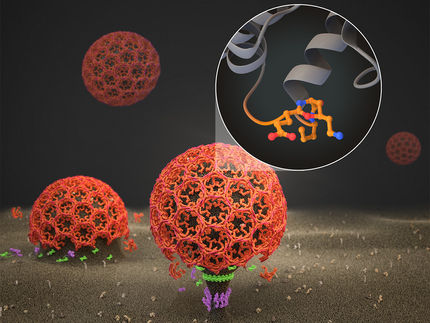UCSF, Sanofi collaborate to find new diabetes cures
Advertisement
The University of California, San Francisco (UCSF) has signed an alliance with Sanofi to share expertise in diabetes research and identify drug targets that could lead to new therapies for both type 1 and type 2 diabetes.
The $3.1 million collaboration will bring together scientists in three UCSF labs with deep understanding of the biology of beta cells – insulin-producing cells that are destroyed in type 1 diabetes and often produce too little insulin in type 2 – with Sanofi researchers who are experienced in developing potential drug candidates into actual therapies.
"This is a true partnership between scientists with very different strengths," said Matthias Hebrok, PhD, director of the UCSF Diabetes Center. "UCSF is known for its deep understanding of the underlying biology of diabetes, while Sanofi has great expertise in screening compounds, identifying which molecules have potential, and moving them along to develop a new drug. Such an endeavor is almost impossible to accomplish in a single academic laboratory. Thus, both partners profit from the expertise of the other group."
The alliance is the University's third collaboration with Sanofi, alongside brain trauma and oncology research launched last year, since the two signed a master agreement in January 2011 to work together in translating academic science into potential new therapies. Master agreements lay out the fundamental terms of research collaborations, align with the University's academic mission including broad publication rights, and form part of a core strategy for the UCSF Office of Innovation, Technology and Alliances to expedite that "bench-to-bedside" research.
Partnershp Combines Expertise on Both Sides
This also is the first collaboration of its kind for the UCSF Diabetes Center, extending beyond simpler, funded-research agreements to create a two-way partnership in which scientists on both sides contribute technology and expertise to identify drug targets and test their potential.
Together, the team will assess and validate potential drug targets from a UCSF library of roughly 100,000 small interference RNAs (siRNA) – molecules that play a crucial role in turning on and off genes, including the gene that produces insulin. They also will identify Sanofi compounds that might be effective in regulating those molecules, study the impact those compounds have on UCSF laboratory models of diabetes and assess their therapeutic potential.























































